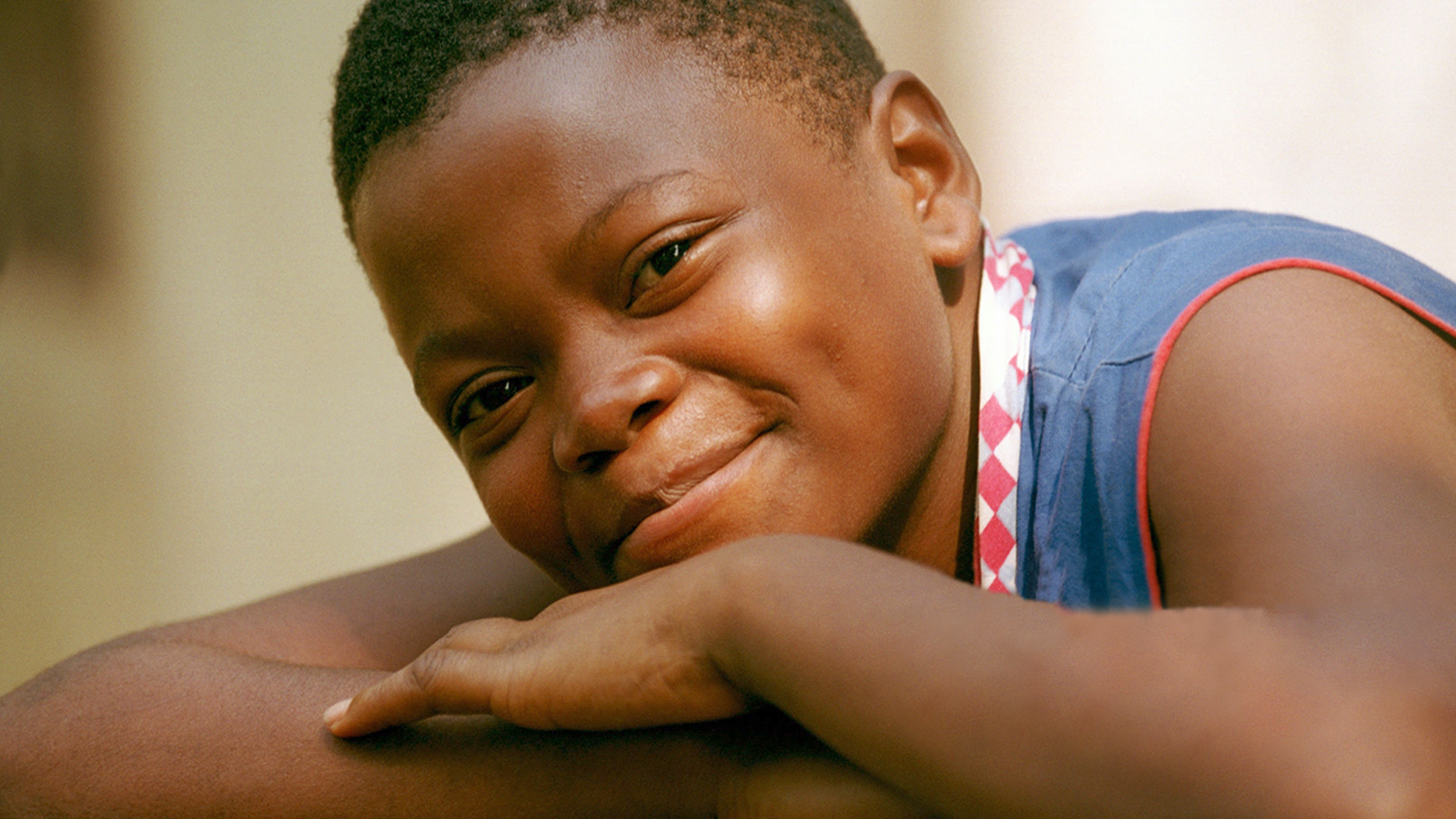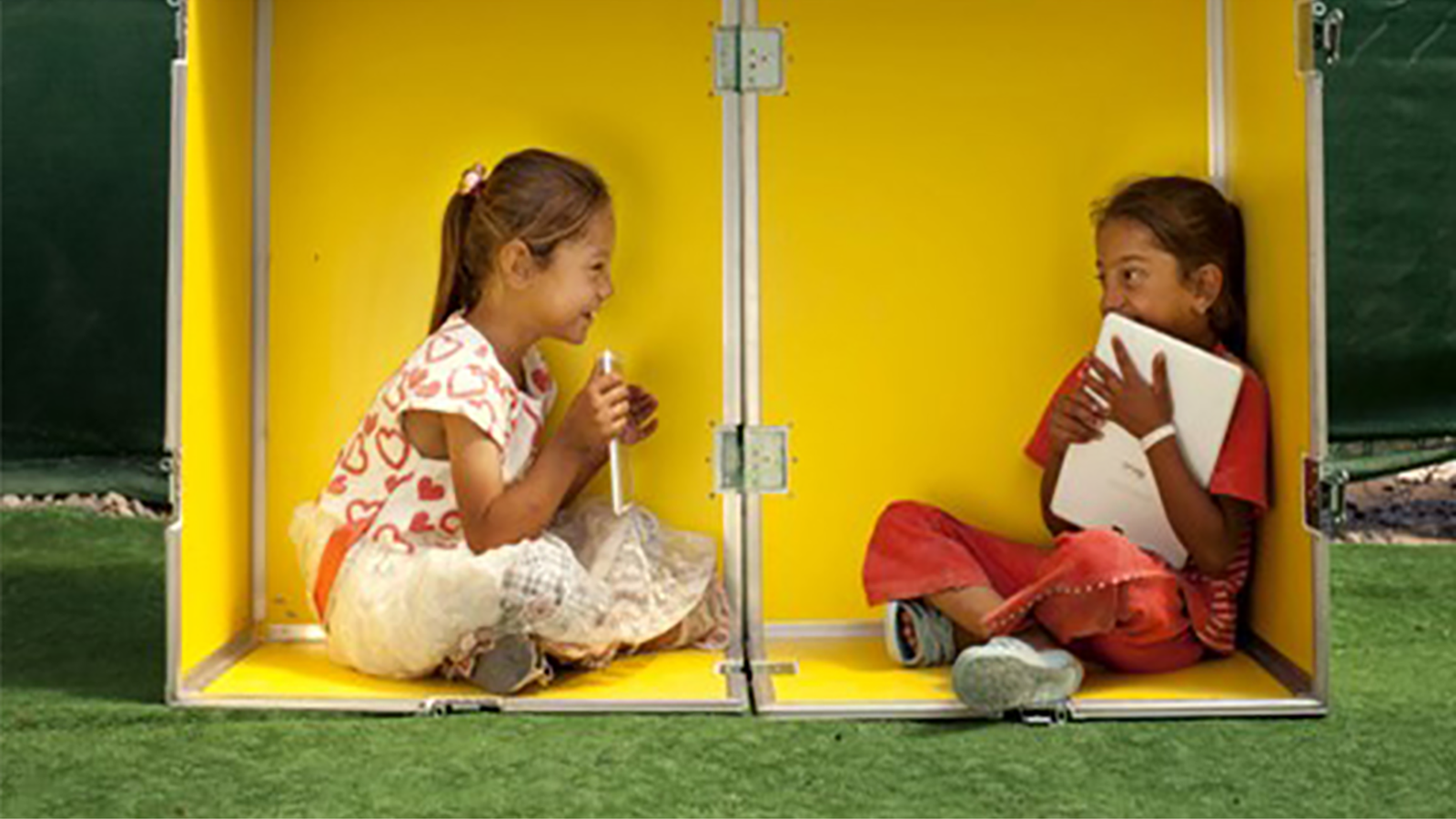
Bibliothèques Sans Frontières
Because educational and informational inequalities lie at the heart of all inequalities, Bibliothèques Sans Frontières (BSF) provides communities in precarious situations with access to information, education and cultural resources to empower them and help them make choices for a better future.
In 2021/2022 R&Co4Generations is funding the following three BSF projects.

Hampâté-Bâ Libraries in Sénégal
Named after Amadou Hampâté-Bâ, the celebrated Malian writer, historian, and ethnologist, these libraries have been designed to make knowledge more accessible and improve access to culture and information to local communities.
In 2023, two new Hampâté-Bâ libraries were installed in Kédougou, in the southeast of Senegal. Young people who are at risk of not completing their education can use the libraries to fill gaps in their knowledge and strengthen their learning abilities by reading alongside trained mediators.

Creating spaces for women and girls
The outbreak of COVID-19 saw the closure of multiple services in Rohingya refugee camps. This included the complete suspension of education services for over a year for Rohingya refugee children.
BSF saw a significant impact on the learning habits of children, particularly girls, and an increase in gender-based violence. Women and girls are often invisible in the refugee community, and it can be difficult to reach and connect with them.
Our support will help BSF to increase female participation in their activities in Bangladesh, and if successful, locations around the world.

Offline-Internet Platform
Although BSF is deeply attached to using hard-copy books in its projects, it is also leveraging the scaling power of digital tools to deliver quality educational, cultural and professional training resources for its beneficiaries.
However, the places and contexts in which BSF operates very often lack internet connectivity, be it for lack of infrastructure (in rural areas for example) or for legal constraints (in temporary accommodation centres for refugees, in hospitals or in detention centres for instance).
To overcome this issue, BSF created its Offline-Internet Platform (OLIP) in 2018. OLIP is a free and open source technological environment which recreates a local internet network enabling 40+ users to connect at the same time via phone, tablet or computer, and navigate BSF’s offline content & apps library.